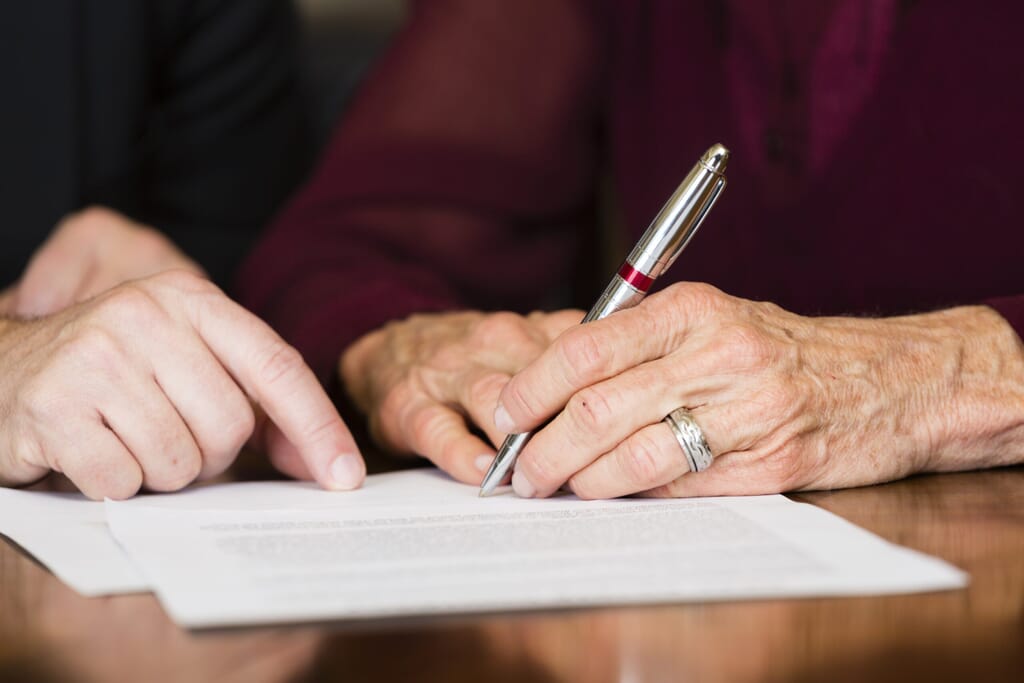
If you die without leaving a will (which is called dying intestate), the estate must be dealt with under a set of rules called the Intestacy Rules.
The Intestacy rules say who will inherit and who is entitled to apply to deal with the administration of the estate.
The person who administers the estate will aply to the court for Letters of Administration which is the equivalent of a Grant of Probate where there is a Will.
Who will inherit?
The intestacy rules provide a strict order for inheritance. Those at the top of the list inherit first, those lower down the list only inherit if those higher on the list have already died or do not exist. The only ‘twist’ relates to the situation where you are married and you have children (see below). The order goes as follows:
- Spouse (no children) – all to spouse
- Spouse and children – spouse takes the first £322,000 of assets plus personal possessions. Everything else is split equally between your spouse and your children.
If you are not married:
- Children (if more than one then equally between them – if a child has already died their share passes to their children – if any)
- Parents
- Brothers and Sisters (if they have already died, their share passes to their children)
- Half-brothers and half-sisters (or to their children if they have already died)
- Grandparents
- Uncles and Aunts (or their children if they have already died – the cousins)
- Half Uncles and Aunts (or their children if they have already died – half cousins)
- If no living relative – the Crown.
There are some very important points to note:
Spouse does not include an unmarried partner or cohabitee.
There is no such thing as a ‘common law’ spouse under the rules of intestacy. The unmarried partner does not appear on this list at all. The estate of the person who has died will pass to the Crown rather than the unmarried partner/ cohabitee even if that partner was completely financially reliant on the person how died. The only way the partner will inherit anything is to bring a claim against the estate under the Inheritance Act. This is expensive, time consuming and unlikely to result in the sort of inheritance you may have wished.
Spouse includes an estranged spouse if you are not divorced.
It does not matter how long you have been estranged or if you are in a new relationship with children from that relationship.
Children includes biological and adopted children. It does not include step children.
It does not matter how long you have cared for the step child, or how dependant the child was. They are not included as ‘children’ under the rules of intestacy.
Who can apply to deal with (administer) the estate?
The Intestacy rules provide for who is entitled to apply to administer the estate and the order runs in the same strict order as the rules for inheritance. If the person applying is lower down the order – they must explain to the court why those higher up are not applying. As such, if there is a spouse, the spouse will apply. If there is no spouse, the children will apply (either all together or individually by agreement of the others) and so on passing strictly down the list in order.
The important message about dying without a will is that you are leaving it up to the rules of intestacy to decide who will inherit. If this is not going to work for your personal circumstances, it is imperative that you write a will.
For further advice on administering an estate of someone who has died without a will or for further advice on writing a will please contact one of our specialist private client solicitors.
private.client@maitlandwalker.com
Taunton: 01823 745 777
Minehead: 01643 707 777
Talk it over
with an expert
with one of our friendly and professional team
